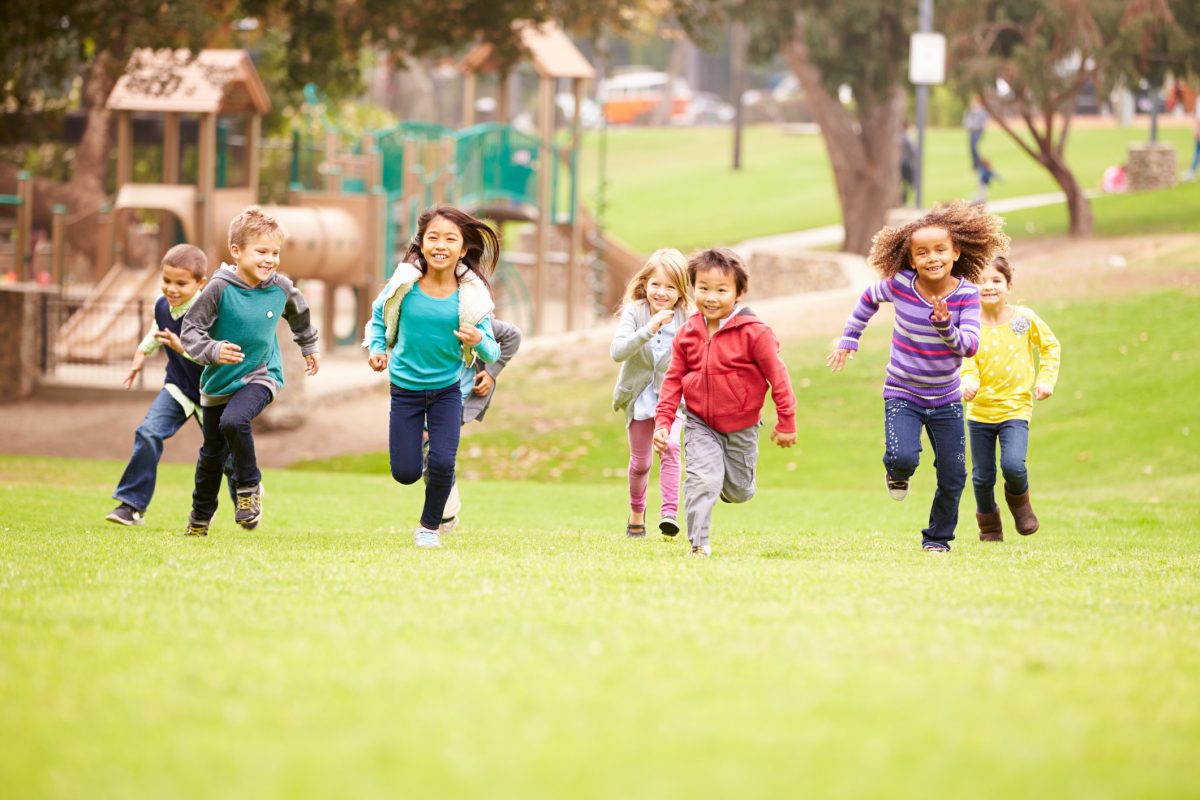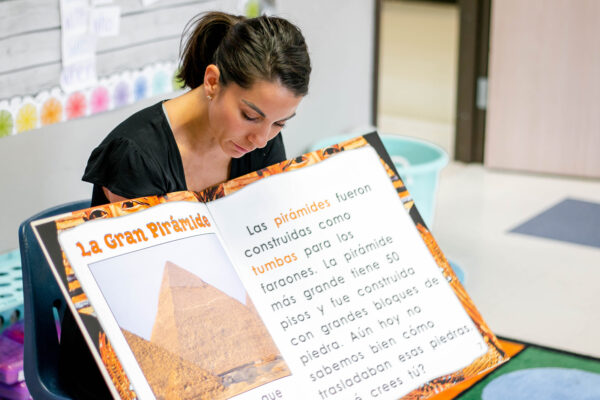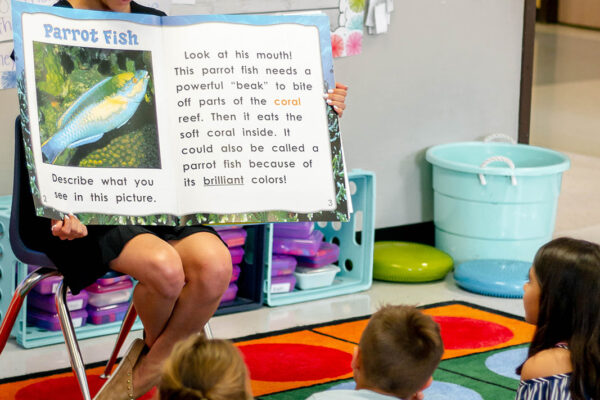Playing outdoors seems to be the most natural thing in the world for a young child to do. It’s a gateway into the world’s wonders and presents nature and animated life at the fingertips of an exploring child, perhaps better than any classroom can.
However, children must learn academic fundamentals and there comes a time and place for traditional learning! Proficiency in academics is a multipronged approach, and as many studies have concluded, social-emotional learning, cultural responsiveness, and child-centered learning have all aided in improving academic skills.
And now, though maybe our instincts have also known it, new studies now show that playing outdoors for a certain amount of time increases academic performance as well. When children play outdoors, typically among of other children and not in the constant presence of an adult, they have the opportunity to fine tune and make use of their executive functioning skills with low risk and high reward. Their behaviors also directly influence their environment. A child can think: “If I lay back and push as hard as I can with my hands, I bet I can go down this slide even faster than I did last time!” Children hypothesize, they test, they conclude. Even more, they argue, the discuss, they channel their inner bravery, or their inner defender against the imaginary creature they’ve conjured up in their head.
Developing executive functioning skills has huge effects on behavior and self-regulation. The Center for the Developing Child of Harvard University states “When children have opportunities to develop executive function and self-regulation skills, individuals and society experience lifelong benefits.” And those opportunities can be overwhelmingly available through play and exercise in particular. It provides a natural environment for scaffolding important material, and building on it later for academic knowledge.
And even better for all parties, studies have found that when recess is over and it’s time to learn again inside in a more controlled environment, their behavior is better, their attention increases, and the lesson is given more smoothly because of it!
Not to mention, when children (and adults) spend time in sunlight, Vitamin D levels increase, making our bodies healthier and less prone to chronic illness. On top of that, exposure to sunlight in the mornings in particular aid in suitable melatonin releases, which helps children sleep easier at night and awaken with more energy.
So if it seems your student may be having an off day, or the lesson isn’t going quite to plan, worry not! Go outside and reap the benefits.




